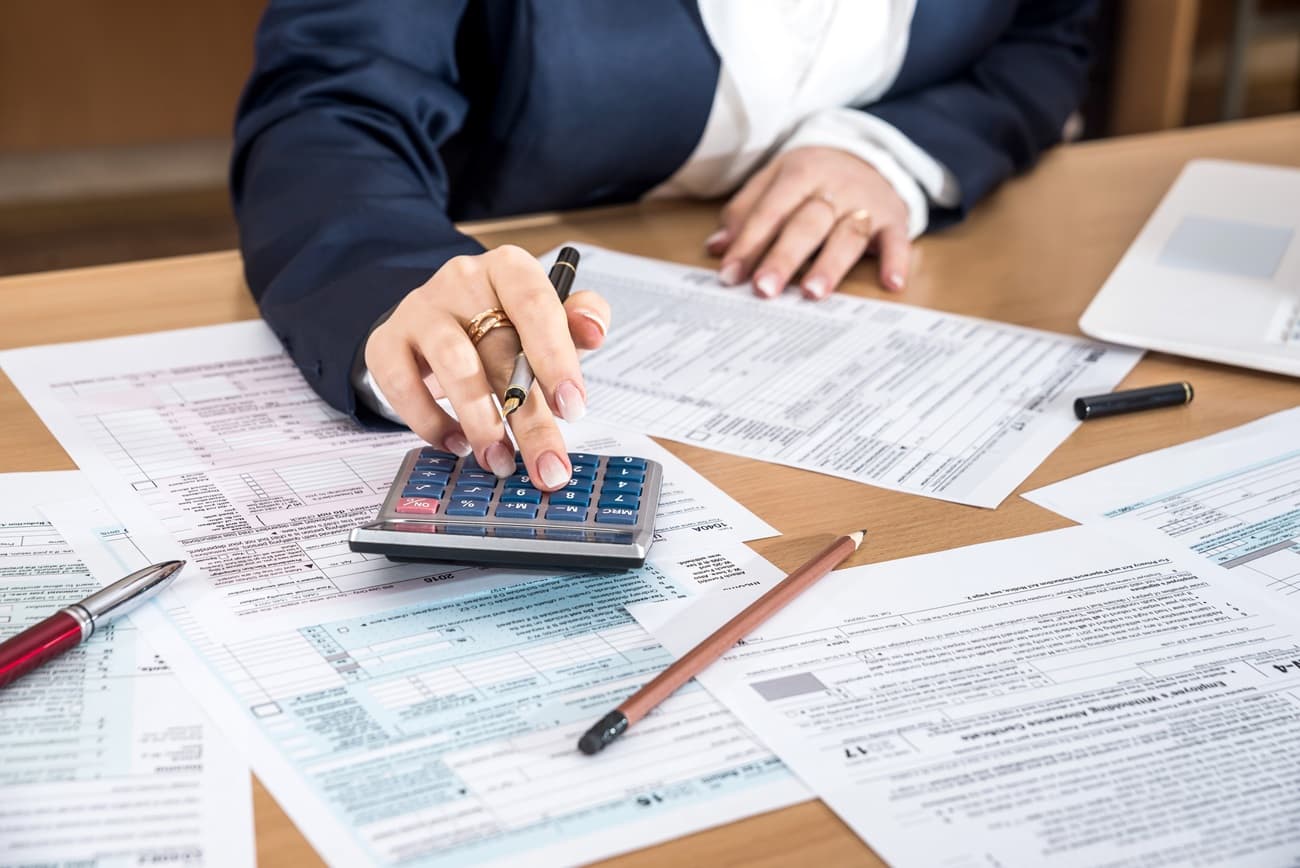Originally published on 05/06/2021
Downloadpdf (PDF: 804 KB)
The 1031 like-kind exchange tax benefit has been around since 1921--that’s 100 years! It is used by a broad range of Americans, including farmers and ranchers, and there is a mountain of data showing its proven economic benefits. If 1031 were repealed or limited, it could cause serious harm to the economy or even a collapse of the already reeling commercial real estate industry.
In his first address to Congress, President Biden proposed limiting the deferral of gain from like-kind exchanges to $500,000.
NAR has been very proactive and vigilant on this issue and cautions that there is a long legislative process ahead. We believe most Members of Congress will understand the risks to the economy of limiting this key tool and reject this proposal.
Let’s bust some 1031 myths:
MYTH: 1031 is only used only by the super-wealthy.
- FACT: Recent data shows that only 5 percent of exchanged properties are held by regular corporations.
- FACT: The vast majority of properties exchanged are actually held by mom-and-pop investors—sole proprietors and pass-through businesses (such as partnerships and S corporations).
MYTH: Limiting the use of 1031 to smaller exchanges only impacts high-rollers.
- FACT: The larger the size of the real property exchange, the more potential the deal has to create jobs because large properties attract big new investments that result in lots of construction as well as ongoing jobs in resulting business enterprises using the updated properties.
- FACT: Once an arbitrary cap is placed on a provision, over time the value erodes due to inflation, limiting the usefulness of the provision to fewer and fewer opportunities.
MYTH: Cutting 1031 is an easy way for the government to raise new tax revenue.
- FACT: Taxes paid are 19-percent higher when a property is exchanged then sold versus never having been exchanged.
- FACT: The great majority of properties now swapped under the like-kind exchange would not be sold if tax was due. Rather, their owners would continue to sit on the property, and the growth opportunity for putting the investment to better use would be wasted with the government collecting little in extra revenue.
MYTH: People use indefinite exchanges to avoid paying taxes.
- FACT: A 2015 study revealed that 88-percent of exchanged properties were later disposed of through a taxable sale and mostly with more tax collected than if the exchange had never happened.
- FACT: Allowing investors a free flow of capital allows them to buy into higher-priced and more productive properties, which creates more tax revenue—and job opportunities and growth.










